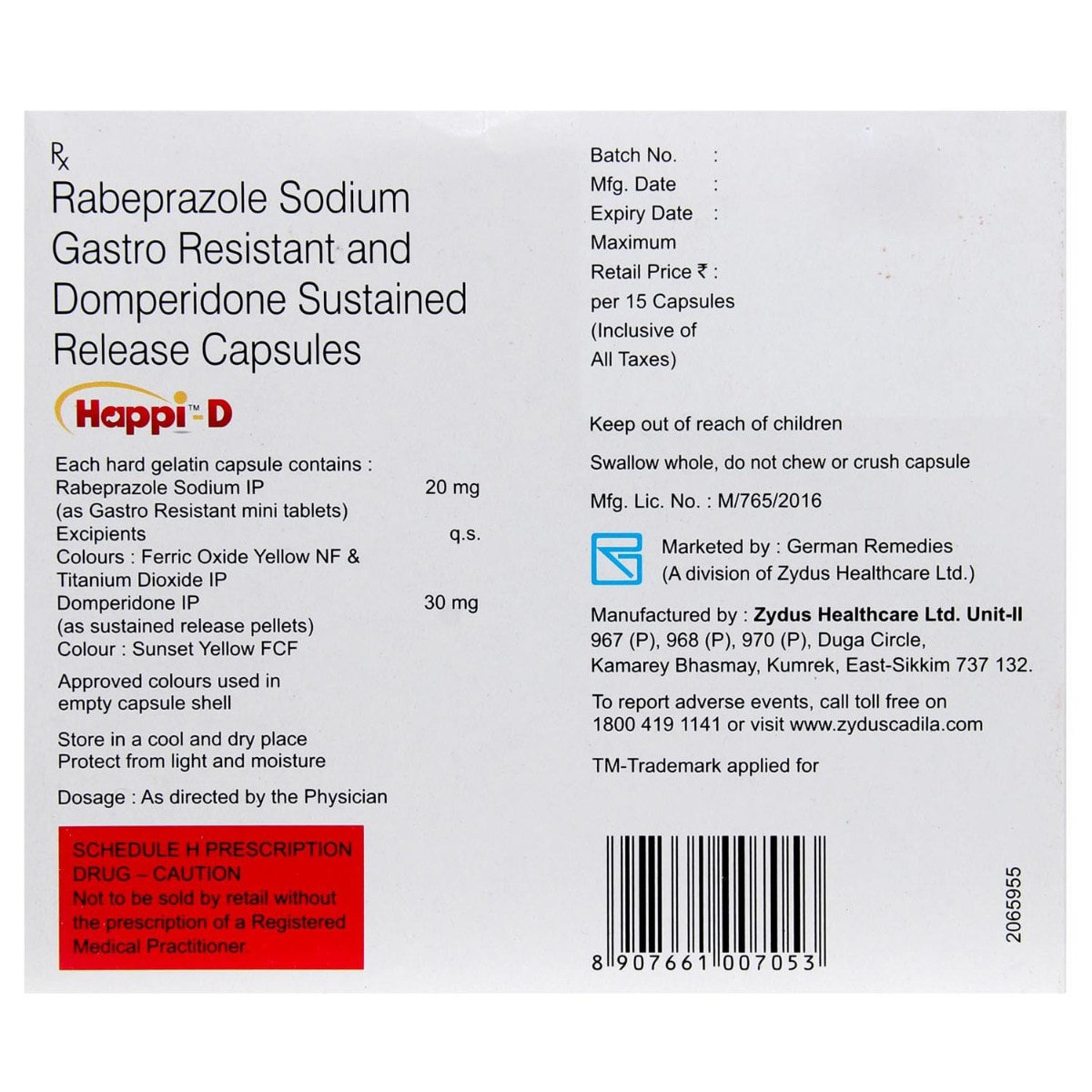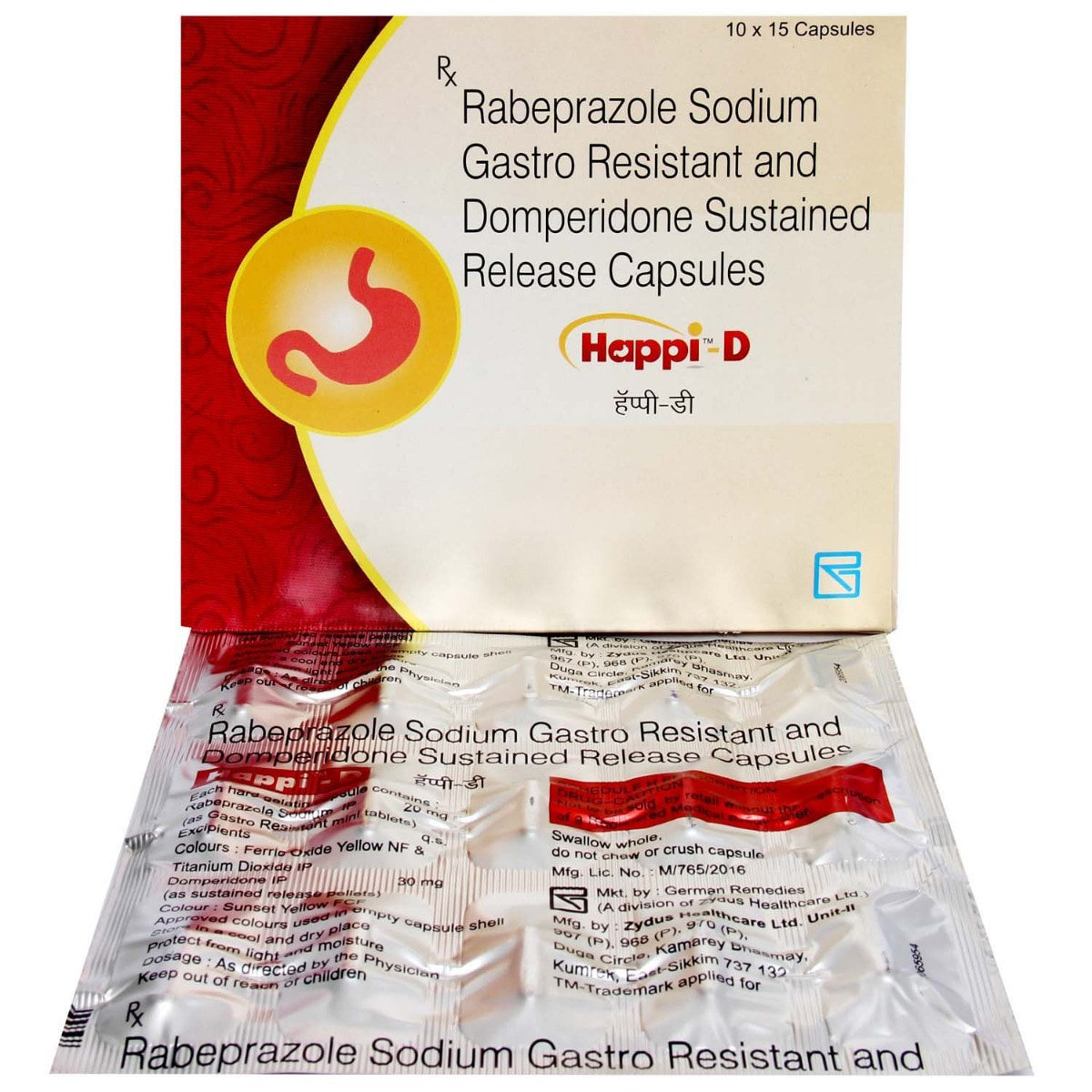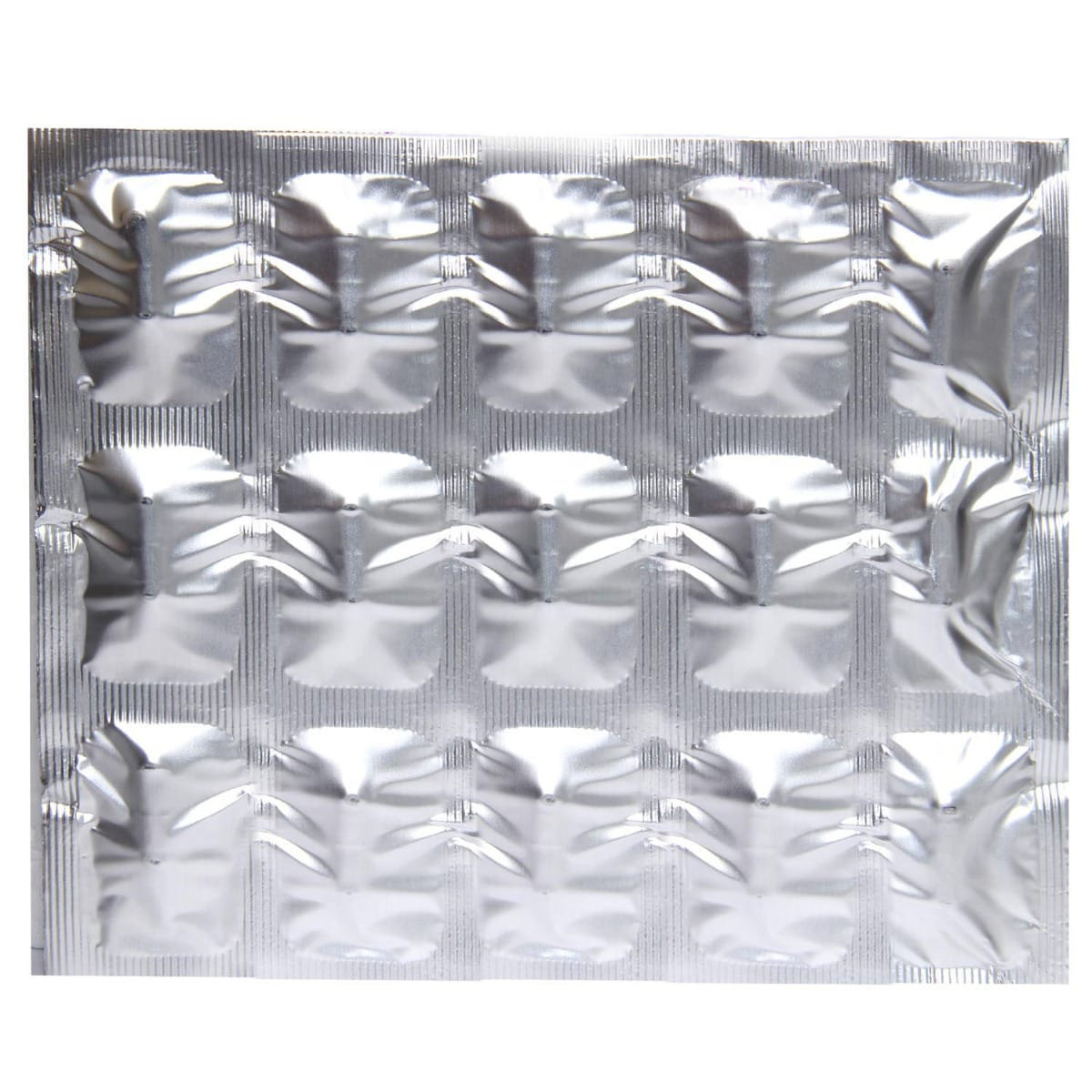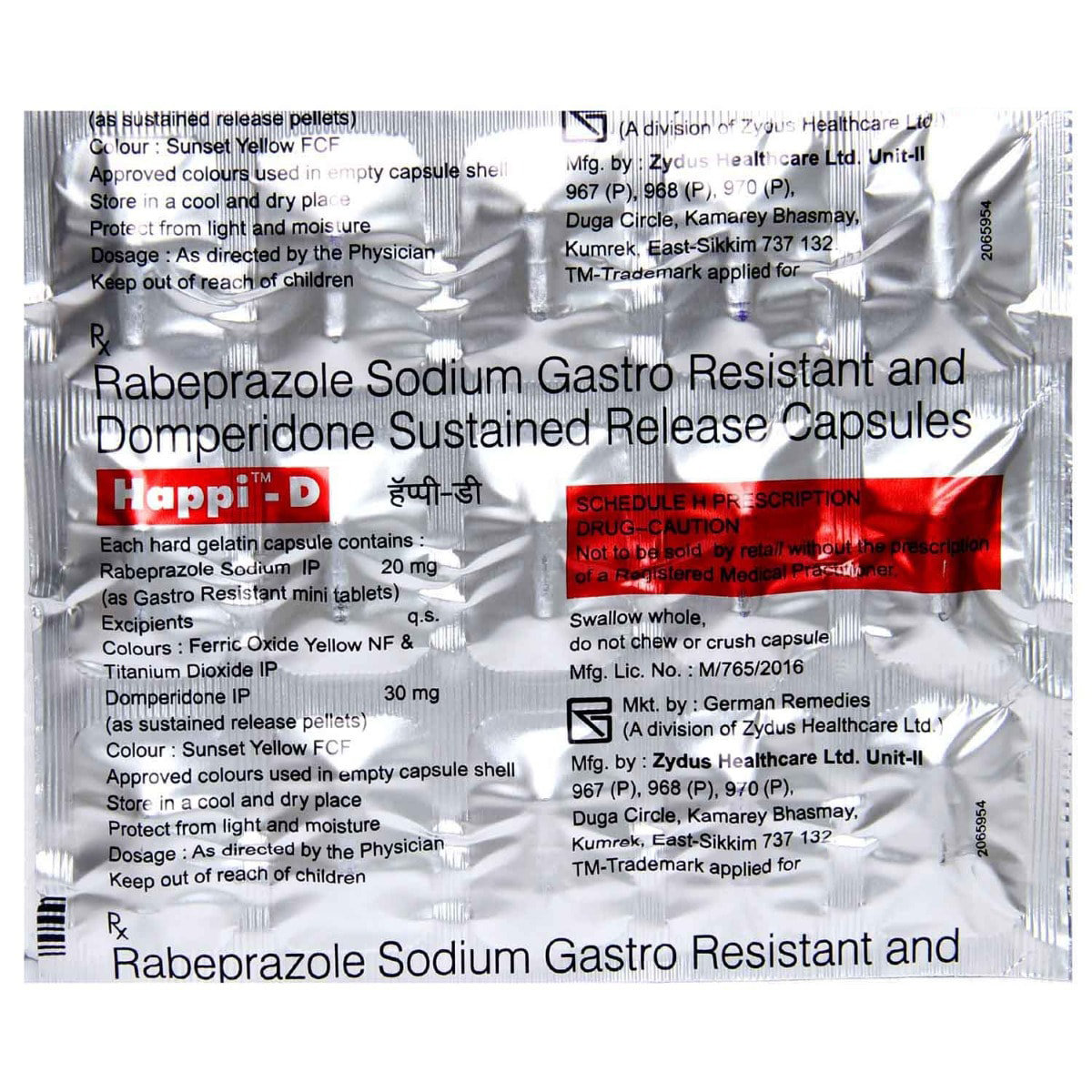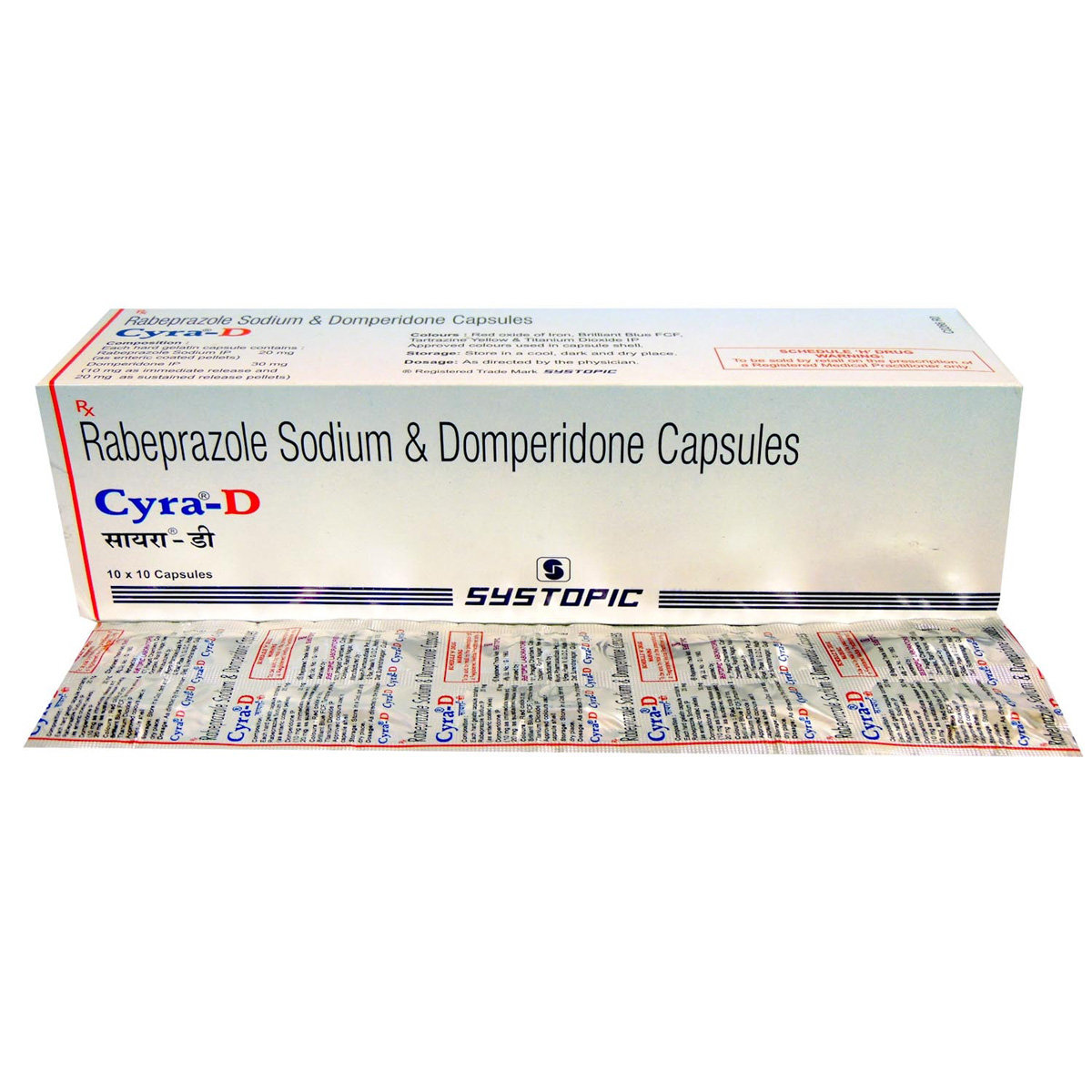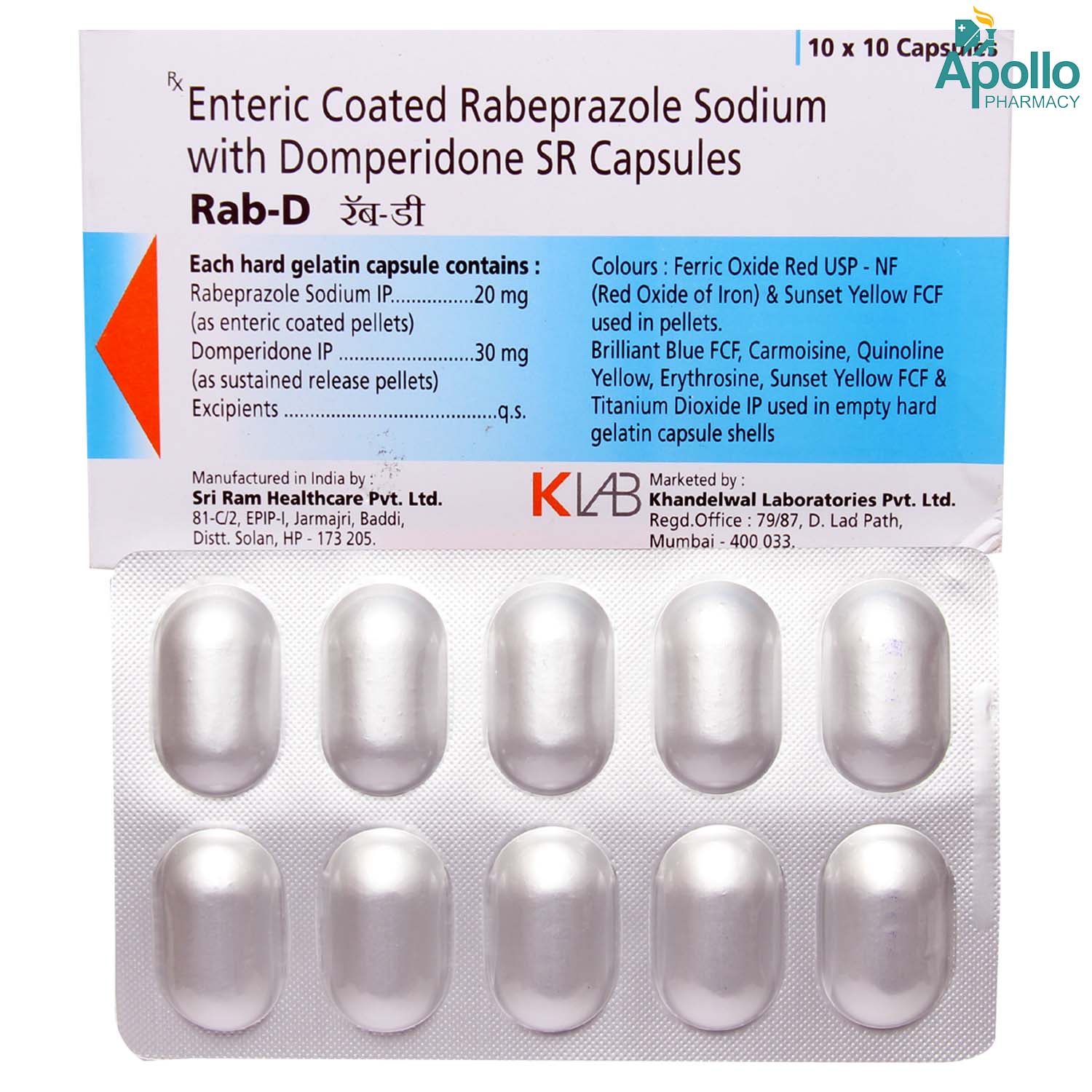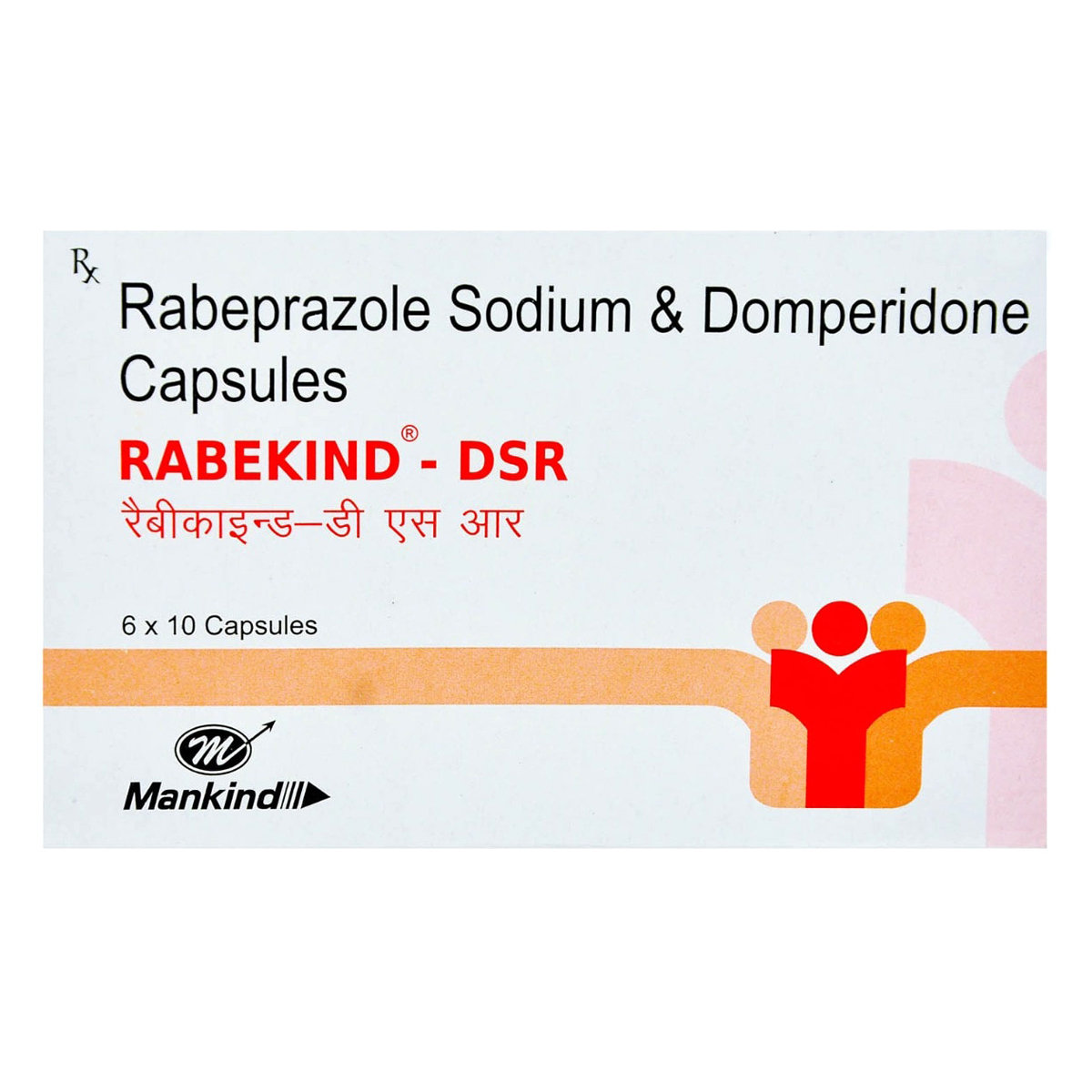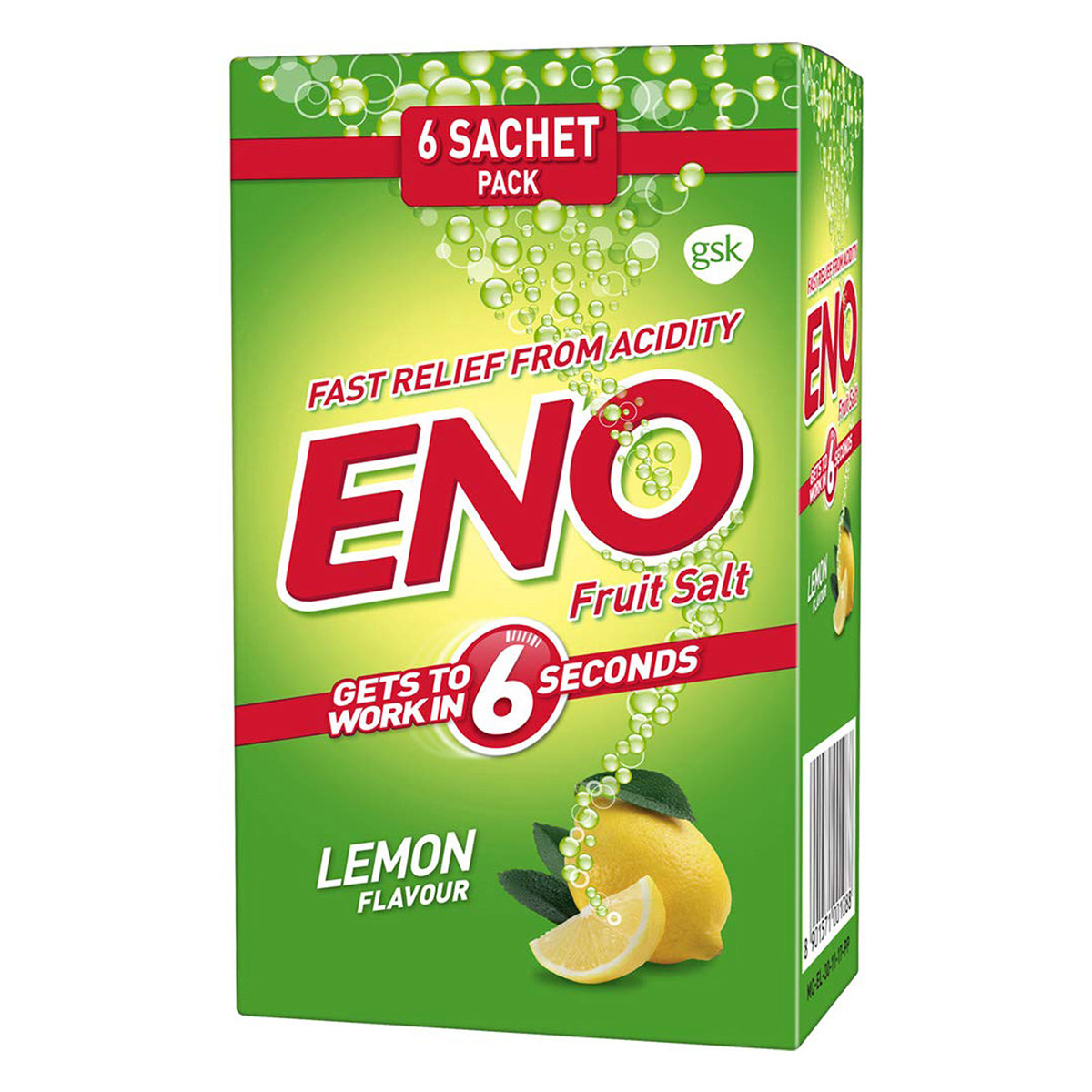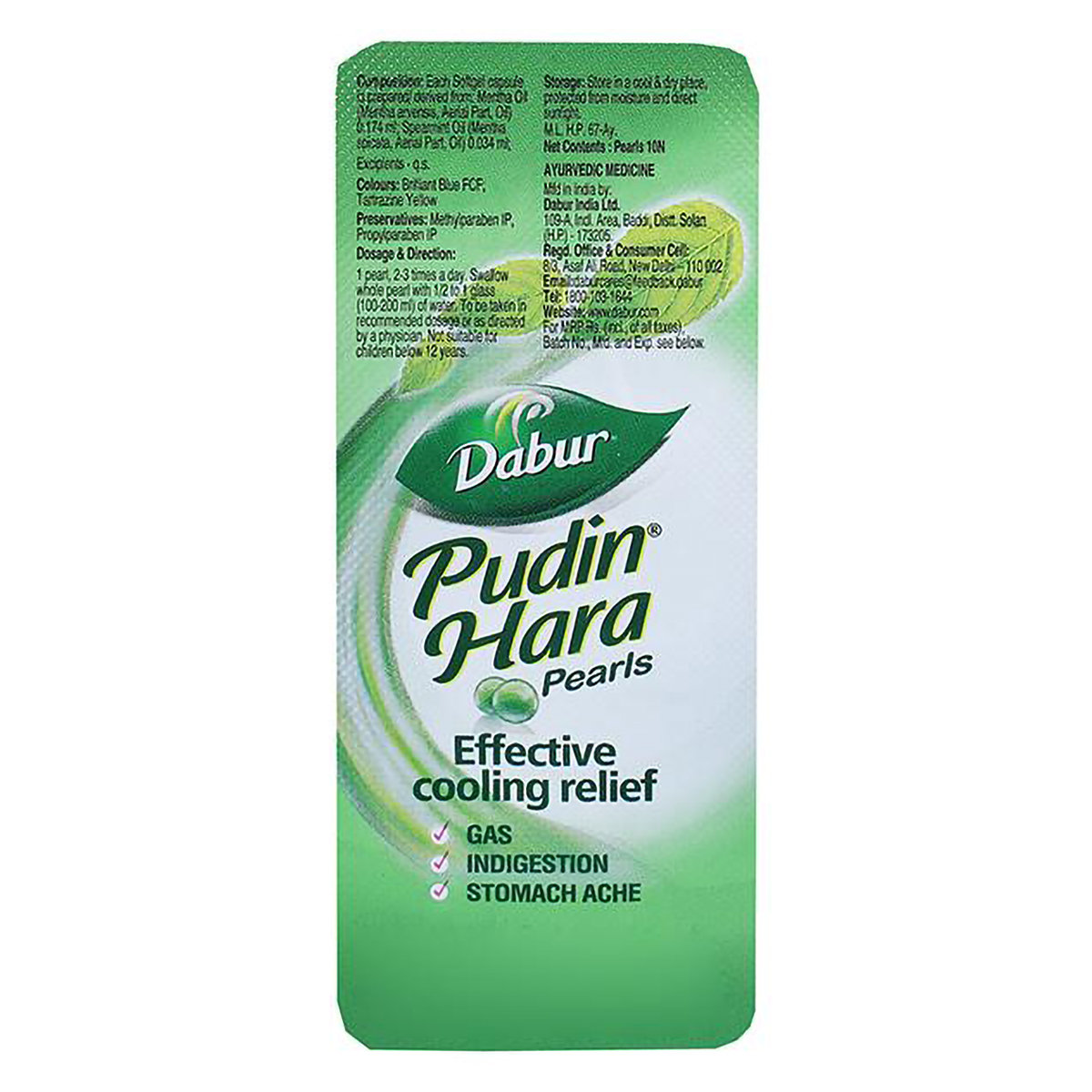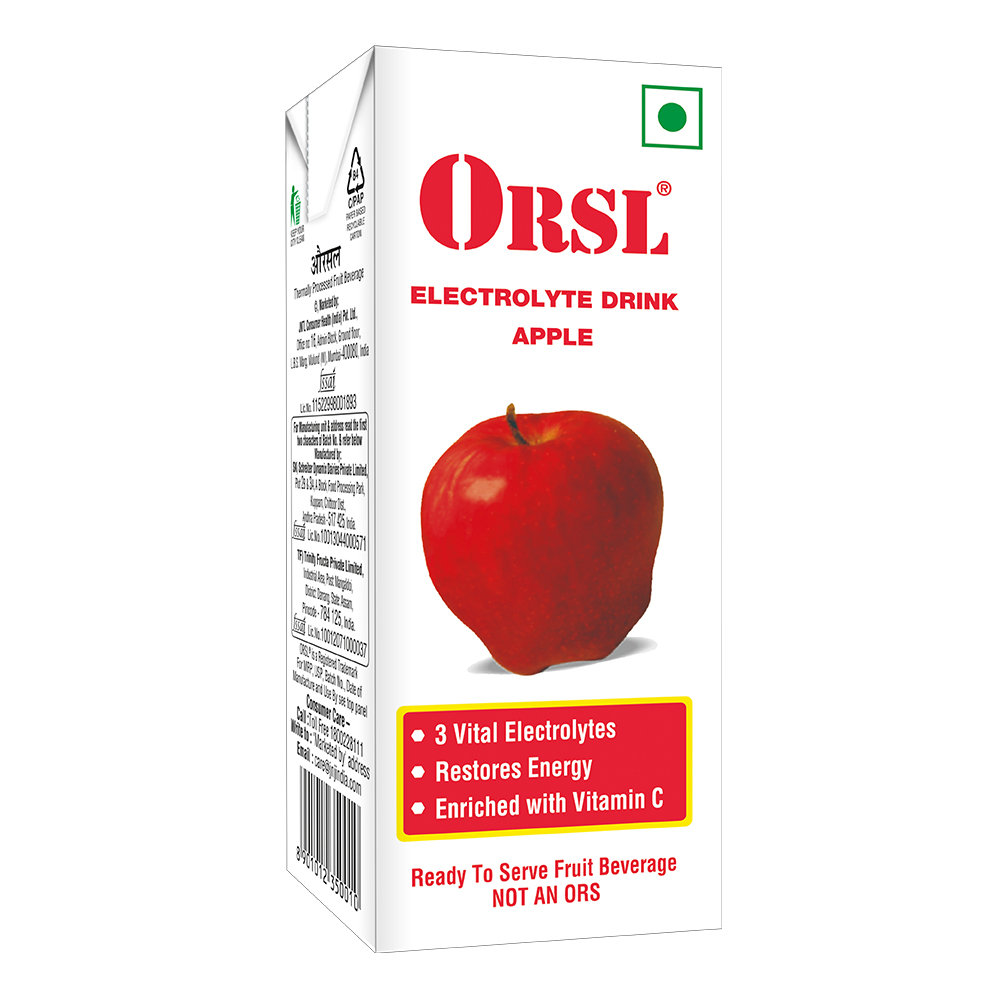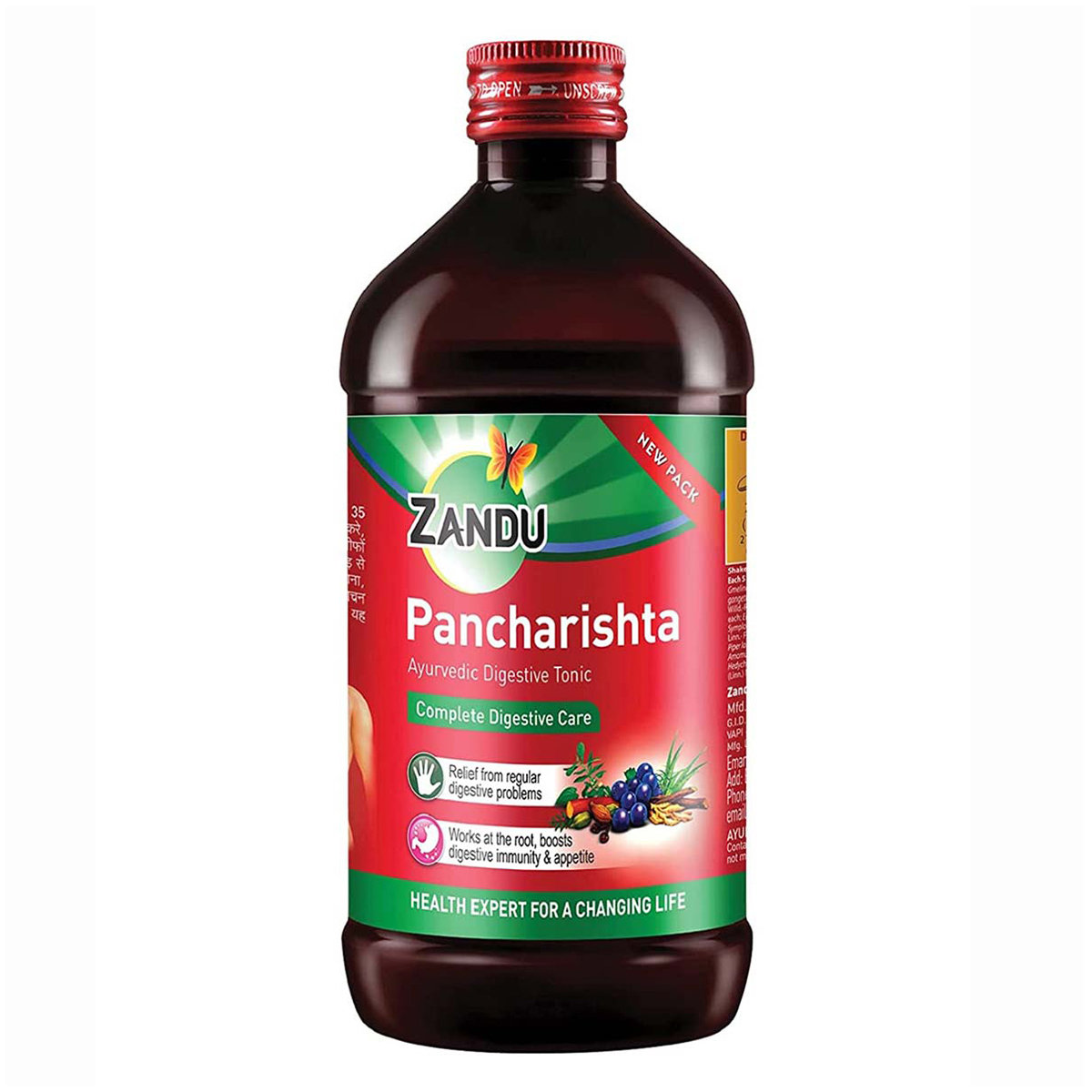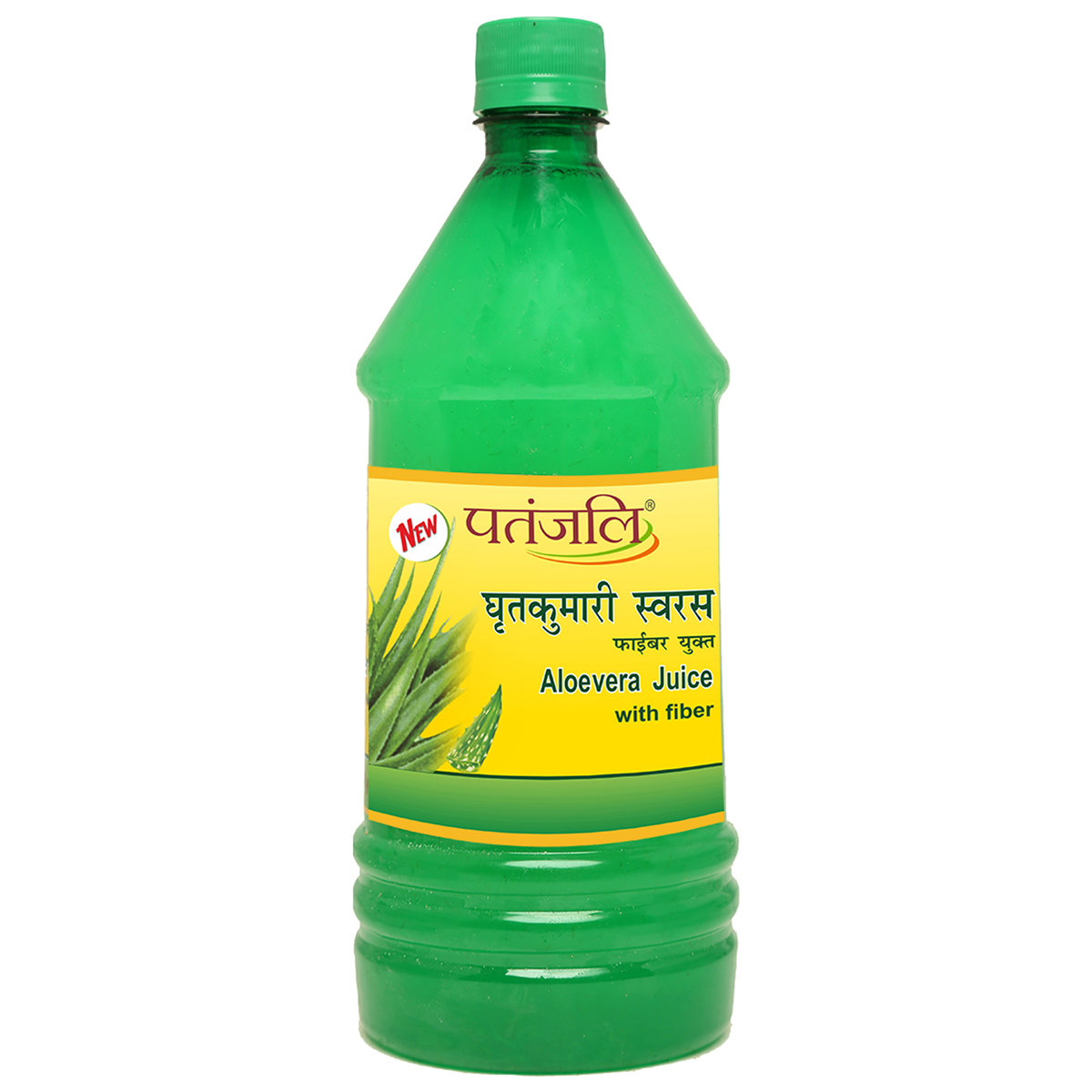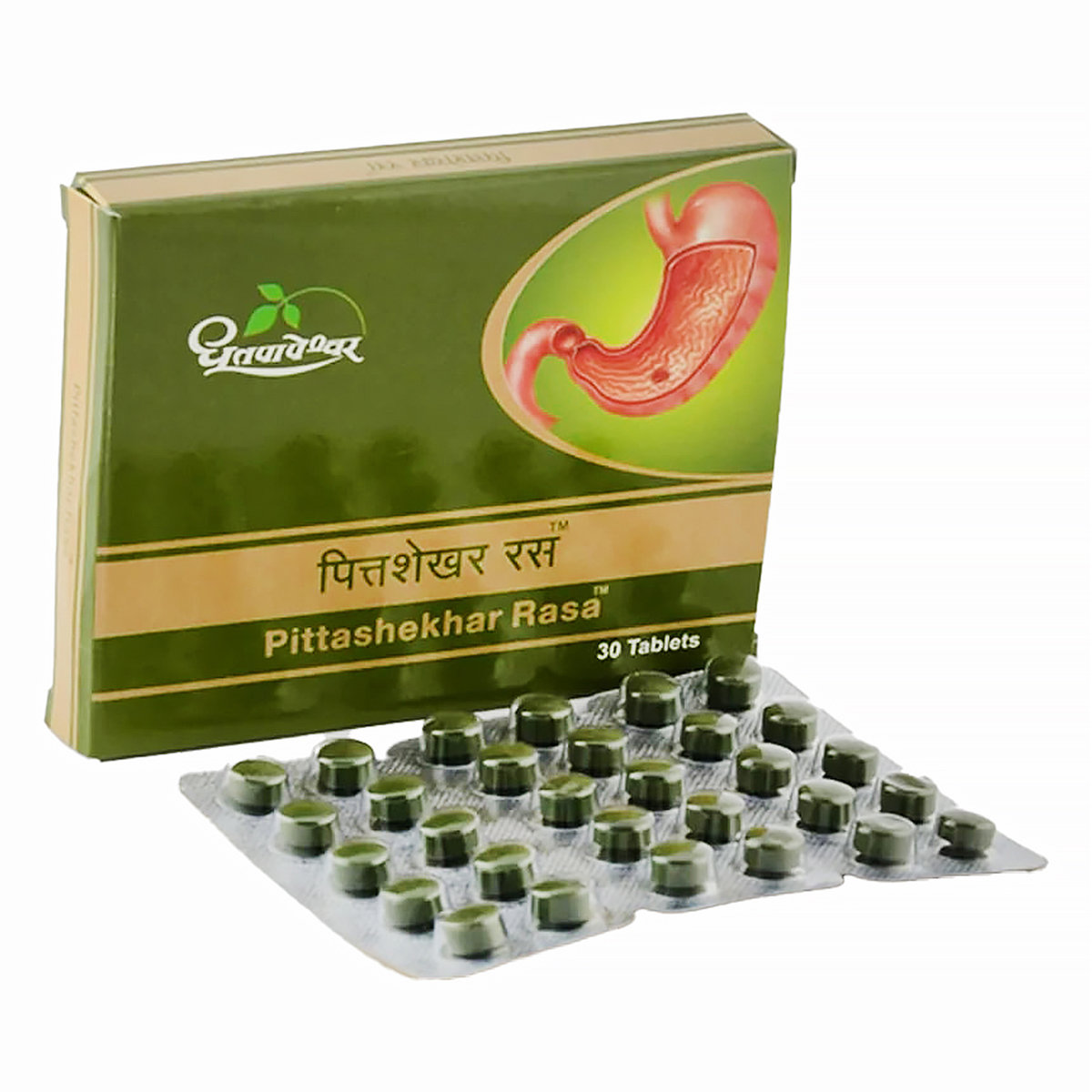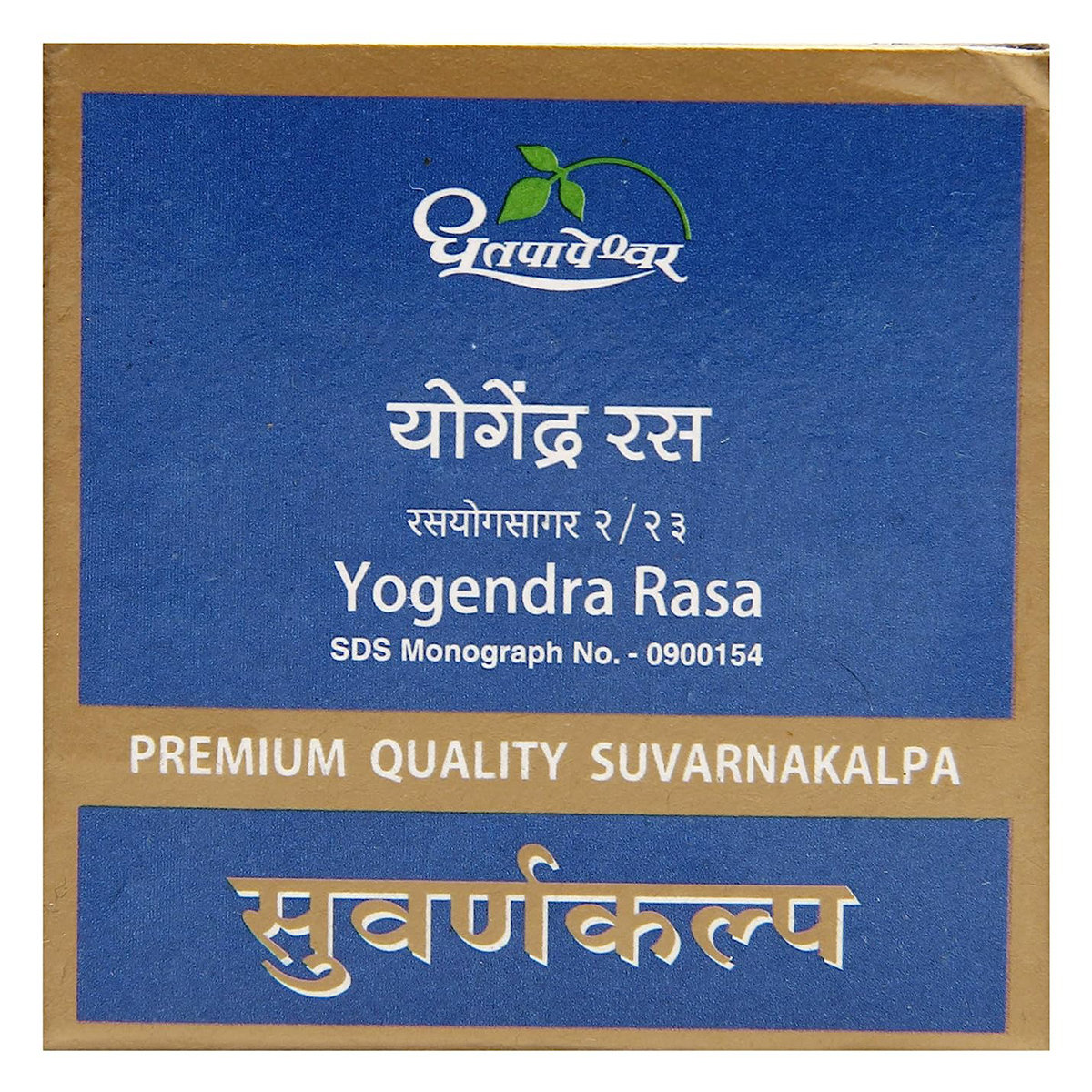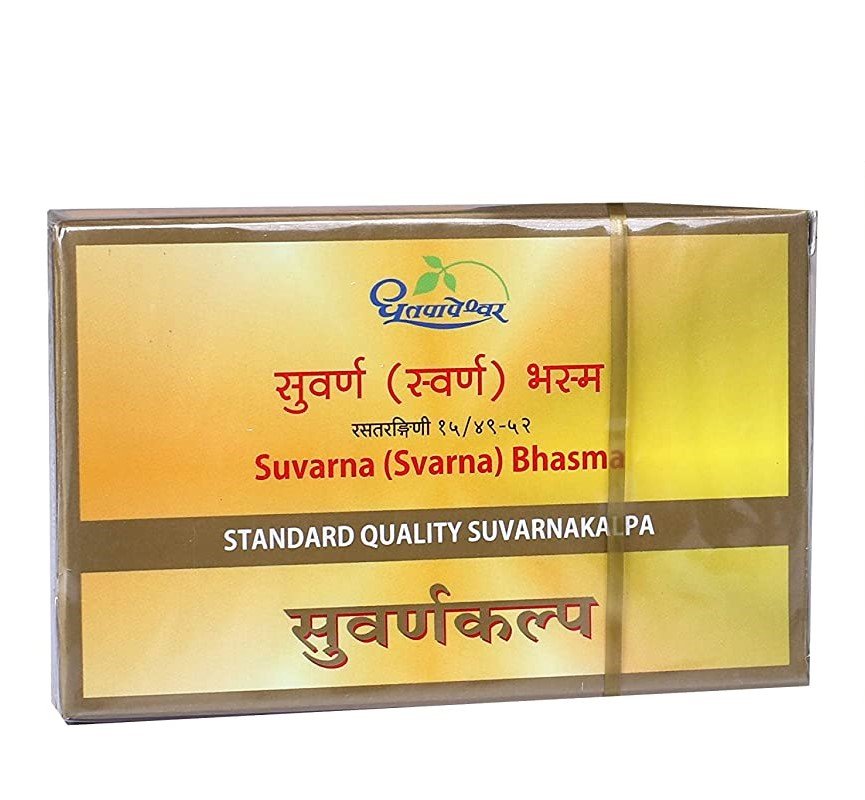Happi D Capsule 15's
Selected Pack Size:15
15 ₹320.9
(₹21.39 per unit)
In Stock
MRP ₹356.5
(Inclusive of all Taxes)
₹53.5 Cashback (15%)
Provide Delivery Location

secured payment

india's most trusted pharmacy

genuine products
Composition :
Manufacturer/Marketer :
Consume Type :
Expires on or after :
Return Policy :
About Happi D Capsule
Happi D Capsule is a gastrointestinal medicine composed of Rabeprazole (stomach acid reducer) and Domperidone (nausea/vomiting reducer). Together they reduce the amount of acid your stomach makes and decrease the symptoms of nausea and vomiting. It treats symptoms of acid reflux due to hyperacidity, stomach ulcer (Peptic ulcer disease), and Zollinger Ellison syndrome (overproduction of acid due to a pancreatic tumour). Besides this, it is used short-term to treat gastroesophageal reflux disease (GERD) symptoms. GERD is a condition in which the sphincter (valve) located at the uppermost part of the stomach gets irritated and damaged due to excessive stomach acid production. As a result, the stomach acid and juice flow back into the food pipe, leading to stomach upset and heartburn. Heartburn is the post-effect of acid reflux with a burning-like feeling that rises from the stomach towards the neck.
Happi D Capsule contains two medicines, namely Rabeprazole and Domperidone. Rabeprazole is a proton pump inhibitor that helps reduce stomach acid by blocking the actions of an enzyme (H+/K+ ATPase or gastric proton pump). This gastric proton pump lies in the cells of the stomach wall. It is responsible for releasing gastric acid secretion and damaging tissues in the food pipe, stomach, and duodenum (uppermost part of the small intestine). On the other hand, Domperidone is a prokinetic agent that increases the motility of the upper gastrointestinal tract and blocks the vomiting-inducing centre (chemoreceptor trigger zone-CTZ).
It is better to take Happi D Capsule an hour before a meal or without a meal for its best results. Happi D Capsule should be swallowed whole with a glass of water. Do not chew, crush, or break it. You should keep taking this medicine for as long as your doctor recommends. If you stop treatment too early, your symptoms may come back, and your condition may worsen. An adult taking Happi D Capsule might have common side effects like headache, diarrhoea, nausea, abdominal pain, vomiting, flatulence, dizziness, and arthralgia (joint pain). In the case of children taking Happi D Capsule might report upper respiratory tract infections (URI), headache, fever, diarrhoea, vomiting, rash, and abdominal pain. These side effects are temporary and may resolve after some time; however, if this persists, contact the doctor.
You can increase the efficacy of Happi D Capsule by taking a small meal or snacks frequently. Avoid caffeine-containing beverages (coffee, tea), spicy/deep-fried/processed foods, carbonated drinks, and acidic foods like citrus fruits/vegetables (tomatoes). Tell your doctor if you have stomach or intestinal cancer, liver problem, are allergic to Happi D Capsule or will have an endoscopy in the future. Prolonged intake of Happi D Capsule may cause deficiency of Vitamin B-12 and low levels of calcium, magnesium, and Vitamin D leading to osteoporosis (brittle or weak bones).
Uses of Happi D Capsule

Have a query?
Directions for Use
Key Benefits
Happi D Capsule helps in reducing the excess amount of stomach. In turn, it prevents the formation of an ulcer in the upper part of the intestine (duodenal ulcer), gastro-esophagal reflux disease (GERD) with or without ulcer and Zollinger-Ellison Syndrome, in which the stomach makes exceptionally high amounts of acid. Besides, the Happi D Capsule also treats symptoms of nausea and vomiting in adults and children over 12 years of age (with at least 35 kg or more).
Storage
- Drink warm fluids such as warm water with honey, broth, soup or herbal tea to soothe sore throat.
- Gargle with warm salt water.
- Suck on lozenges to increase the production of saliva and soothe your throat.
- Use a humidifier to soothe sore throat as it adds moisture to the air and makes breathing easier.
- Tell your doctor about your GAS symptoms. They may change your medication regimen or prescribe additional drugs to help you manage them.
- To manage GAS symptoms, eat a balanced diet of fibre, vegetables, and fruits.
- Drink enough water throughout the day to avoid constipation and treat GAS symptoms.
- Regular exercise like yoga and walking may help stimulate digestion and alleviate GAS symptoms.
- Take probiotics only if your doctor advises, as they may help alleviate GAS symptoms by promoting gut health.
- Take medication for GAS symptoms only if your doctor advises, as certain medications can interact with your existing prescriptions or worsen symptoms.
- If symptoms persist, worsen, or are accompanied by severe abdominal pain, vomiting, or bleeding, seek immediate medical attention.
- Inform your doctor about your constipation symptoms. They may adjust your medication or advise alternative treatments.
- Stay hydrated by drinking sufficient of water (at least 8-10 glasses a day) to help soften stool and promote bowel movements.
- Increase fibre intake by eating foods high in fibre, such as fruits, whole grains, vegetables and legumes, to help bulk up the stool.
- Establish a bowel routine by trying to go to the bathroom at the same time each day to train your bowels.
- Engaging in regular exercise, like walking or yoga, can support in bowel movement stimulation.
- Consult your doctor if constipation persists, and discuss alternative treatments or adjustments to your medication.
- Your doctor might suggest giving it some time to see if your sex drive improves after stopping the medication, adjusting the dose, or switching to another medication.
- Engaging in regular aerobic exercise and strength training can enhance your stamina, improve your mood, and increase your sex drive.
- Reduce stress by taking a vacation to relax or by practicing yoga.
- Avoid consuming too much alcohol and smoking.
- Maintain a healthy weight to support overall health.
- Consult a sex therapist or counsellor skilled in addressing sexual concerns to help manage your low sex drive.
- Inform your doctor about dry mouth symptoms. They may adjust your medication regimen or prescribe additional medications to manage symptoms.
- Drink plenty of water throughout the day to help keep your mouth moist and alleviate dry mouth symptoms.
- Chew sugar-free gum or candies to increase saliva production and keep your mouth moisturized.
- Use saliva substitutes, such as mouthwashes or sprays, only if your doctor advises them to help moisturize your mouth and alleviate dry mouth symptoms.
- Avoid consuming smoking, alcohol, spicy or acidic foods, and other irritants that may aggravate dry mouth symptoms.
- Schedule regular dental check-ups to keep track of your oral health and handle any dry mouth issues as they arise.
Drug Warnings
You should avoid taking Happi D Capsule if you are allergic to Happi D Capsule or proton pump inhibitors, have gastric cancer, liver disease, low magnesium level (osteoporosis), low vitamin B12, are pregnant or planning for pregnancy, and breastfeeding mothers. Happi D Capsule may interact with a blood thinner (warfarin), antifungal (ketoconazole), anti-HIV drug (atazanavir, nelfinavir), iron supplements, ampicillin antibiotic, anti-cancer drug (methotrexate). Let your doctor know if you are taking these medicines. Prolonged intake of Happi D Capsule may cause lupus erythematosus (an inflammatory condition in which the immune system attacks its tissues), Vitamin B-12, and magnesium deficiency. Intake of Happi D Capsule may mask the symptom of gastric cancer, so if you have any severe stomach pain or gastric bleeding (blood in mucous or stool), immediately consult the doctor. Tell your doctor that you are using before having a specific blood test known as Chromogranin A.
Drug-Drug Interactions
Drug-Drug Interactions
Login/Sign Up
Co-administration of Happi D Capsule can make Rilpivirine less effective by reducing its absorption in the body.
How to manage the interaction:
Taking Happi D Capsule with Rilpivirine is not recommended, but can be taken if prescribed by the doctor. Do not discontinue the medications without consulting a doctor.
When used in combination with erlotinib, Happi D Capsule may prevent the absorption of erlotinib into the circulation, which might make erlotinib less effective in treating cancer.
How to manage the interaction:
Taking Happi D Capsule with Erlotinib is not recommended as it can result in an interaction, it should be taken only if a doctor has advised it. Do not stop using any medications without consulting a doctor.
When Happi D Capsule and Idelalisib are taken in combination, Idelalisib may increase the level or impact of Happi D Capsule.
How to manage the interaction:
Although taking Happi D Capsule and Idelalisib together can result in an interaction, it can be taken if a doctor has prescribed it. Do not discontinue any medications without a doctor's advice.
Taking Clopidogrel with Happi D Capsule can reduce the effectiveness of Clopidogrel.
How to manage the interaction:
Taking Clopidogrel and Happi D Capsule together possibly has an interaction, but you can take these medications together if a doctor has advised it. Do not stop using any medications without talking to a doctor.
When Phenytoin and Happi D Capsule are taken in combination, Phenytoin will reduce the concentration or impact of Happi D Capsule.
How to manage the interaction:
Although taking Phenytoin and Happi D Capsule together can result in an interaction, it can be taken if a doctor has prescribed it. Do not discontinue any medications without a doctor's advice.
Co-administration of Methotrexate with Happi D Capsule can increase the blood levels and side effects of Methotrexate.
How to manage the interaction:
Although there is a possible interaction between Happi D Capsule and Methotrexate, you can take these medicines together if prescribed by a doctor. Do not stop using any medications without consulting a doctor.
Co-administration of Atazanavir's blood levels and absorption can both be affected by Happi D Capsule, which decreases the atazanavir's ability to treat HIV.
How to manage the interaction:
Although taking Happi D Capsule and atazanavir together can result in an interaction, it can be taken if a doctor has prescribed it. Do not discontinue any medications without a doctor's advice.
Taking Happi D Capsule together with Acalabrutinib results in a decreased effectiveness of Acalabrutinib.
How to manage the interaction:
Although taking Happi D Capsule and Acalabrutinib together can result in an interaction, it can be taken if a doctor has prescribed it. Do not discontinue any medications without a doctor's advice.
Taking Happi D Capsule together with Gefitinib results in decreased levels of gefitinib in your blood. This can result in a decreased effectiveness of gefitinib in treating the disease.
How to manage the interaction:
Although taking Happi D Capsule and Gefitinib together can possibly result in an interaction, it can be taken if your doctor has prescribed it. To lessen the effects of the interaction, it is advised that you take gefitinib 12 hours before or 12 hours after Happi D Capsule. Do not discontinue any medications without a doctor's advice.
Taking Happi D Capsule together with Dasatinib results in decreased levels of Dasatinib and its effectiveness.
How to manage the interaction:
Although taking Happi D Capsule and Dasatinib together can result in an interaction, it can be taken if a doctor has prescribed it. Do not discontinue any medications without a doctor's advice.
Drug-Food Interactions
Drug-Food Interactions
Login/Sign Up
Diet & Lifestyle Advise
- Avoid intake of acid or heartburn-triggering foods or drinks like onions, peppermint, chocolate, caffeinated beverages, citrus fruits or juices, tomatoes and high-fat and spicy foods.
- Avoid taking alcohol and smoking cigarette. Alcohol can raise the level of production of stomach acid leading to heartburn and acid reflux. On the other hand, nicotine smoking damages the valve (sphincter), preventing stomach acid backflow into the food pipe.
- Avoid regular sitting continuously, as it can increase stomach acid production. Try to take a break of 5 minutes in 1 hour by brisk walking or stretching.
- Before going to sleep, try to raise your bedhead so that your head and chest are higher than your feet. Do not use piles of pillows, instead, one raised block is fine. This will not allow the stomach acid to backflow through your food pipe.
- Include high fibre containing foods, berries, cherries, leafy green veggies (kale, spinach) and black peppers in your meal. These foods are full of antioxidants, calcium and vitamin B 12 that can help cope with the long-term effects of the medicine. Fermented dairy products like miso, sauerkraut, and kimchi contain probiotics which help in the prevention of excess stomach acid production. Cranberry juice can be beneficial in the peptic ulcer and H Pylori infection.
Habit Forming
Therapeutic Class
All Substitutes & Brand Comparisons
RX
Cyra D Capsule 10's
Systopic Laboratories Pvt Ltd
₹47.5
(₹4.28 per unit)
79% CHEAPERRX
Rab D Capsule 10's
Khandelwal Laboratories Pvt Ltd
₹94.5
(₹8.51 per unit)
60% CHEAPERRX
Rabekind-DSR Capsule 10's
Mankind Pharma Pvt Ltd
₹116
(₹10.44 per unit)
51% CHEAPER
Alcohol
Safe if prescribed
Drinking alcohol with Happi D Capsule may cause dehydration and elevate the level of stomach acid, thereby decreasing its efficiency. So try to avoid, limit alcohol or contact a doctor before intake of Happi D Capsule .
Pregnancy
Consult your doctor
It is not known whether the Happi D Capsule affects the baby or not. So, contact a doctor before intake of Happi D Capsule . Your doctor will weigh the benefits and potential risks before prescribing them.
Breast Feeding
Consult your doctor
Domperidone present in Happi D Capsule passes into the breast milk. However, no evidence of risk has been reported. Please consult your doctor before intake of Happi D Capsule . Your doctor will weigh the benefits and potential risks before prescribing them.
Driving
Safe if prescribed
In some cases, Happi D Capsule may cause dizziness, sleepy, or blur vision. If you observe these symptoms do not drive or operate heavy machinery until you feel better.
Liver
Consult your doctor
If u have or had history or evidence of any liver-related diseases, please consult the doctor before taking medicine.
Kidney
Consult your doctor
If u have or had history or evidence of any kidney-related diseases, please consult the doctor before taking medicine.
Children
Safe if prescribed
Happi D Capsule is not recommended for use in children due to a lack of data on safety and efficacy. Please consult your doctor.
FAQs
No. Happi D Capsule prevents excess production of stomach acid causing acid reflux and heartburn. If blood is coming in your stool or mucous immediately contact the doctor.
Yes, Happi D Capsule can cause dry mouth and it is due to domperidone. In case you fell excessive thirsty, please increase your fluid intake and do frequent mouth rinses.
Diarrhoea might be a side-effect of Happi D Capsule . Drink enough fluids and eat non-spicy food if you experience diarrhoea. Consult your doctor if you have severe diarrhoea or any other discomfort.
Avoid lying down immediately after meals to prevent acid reflux. Raise the head of the bed 10-20cm by putting on a pillow so that the head and chest are above the waist. This helps in preventing acid reflux.
Country of origin
Manufacturer/Marketer address
Disclaimer
Author Details
We provide you with authentic, trustworthy and relevant information


